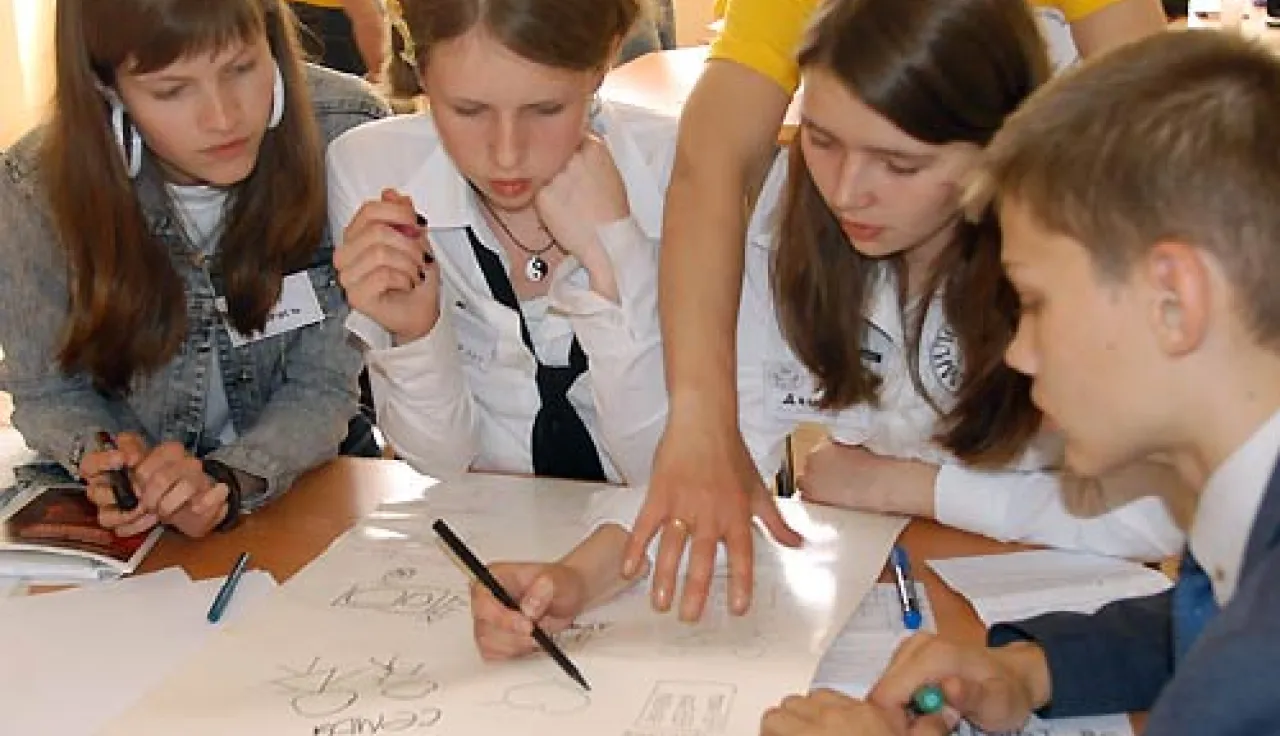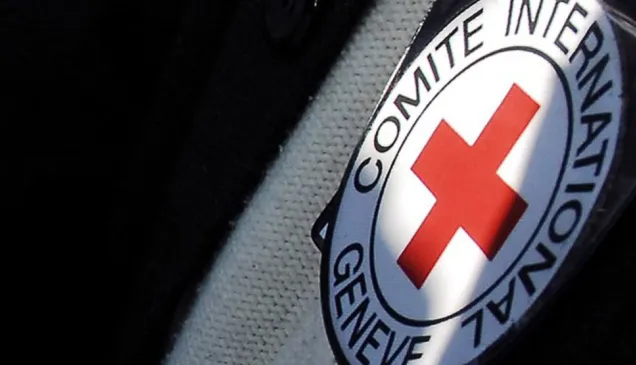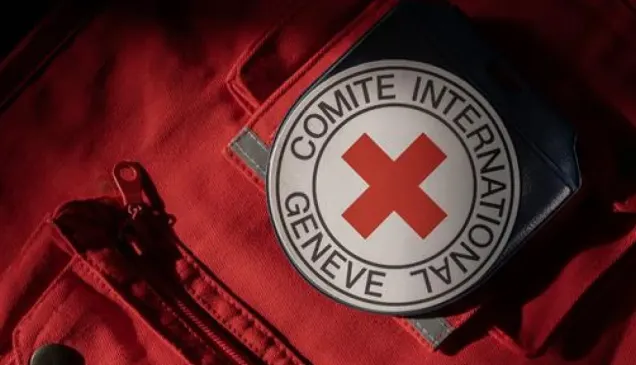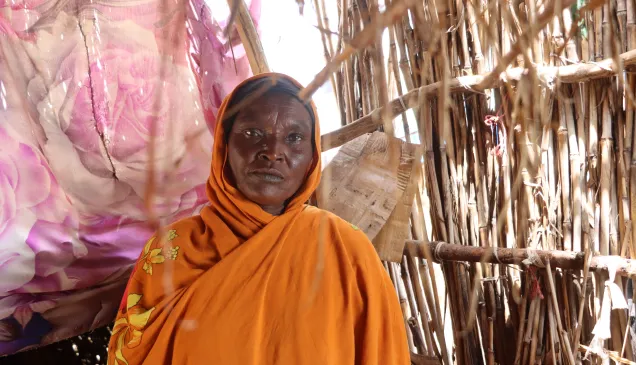Education programmes for young people

Exploring Humanitarian Law (EHL) is an education programme that introduces young people between 13 and 18 years of age to the basic rules and principles of international humanitarian law (IHL).The teaching methods used in EHL require students to play an active role in the process of learning. This enables them to develop a “humanitarian” perspective and to understand a subject as seemingly dry, and complicated, as IHL.EHL uses case studies, and builds upon students’ own experiences and way of thinking to examine the destructiveness of war
EHL is based on the premise that learning about IHL is relevant, meaningful, and useful for young people in all societies. The subject is pertinent and timely everywhere – regardless of a particular country’s experience of armed conflict or other situations of violence – for a number of reasons:
- Armed conflicts or other situations of violence are taking place in many parts of the world today, and growing numbers of young people are affected by them.
- Many societies appear to be becoming more susceptible to violence in various forms.
- Young people, in greater numbers than ever, are exposed to media coverage of such violence as well as to forms of entertainment that play down the effects of violence.
- In times of acute social and political tension, such as post-conflict situations or periods of social reconstruction, education programmes like EHL may have an indirect pacifying effect.
- States party to the Geneva Conventions are required, both in peacetime and during war, to spread knowledge of IHL as widely as possible.
We have a choice today. We can either sit back, watch the devastation wrought by war and try to make our children look the other way; or we can choose to tell our children that what they see – or what they are themselves experiencing – is not acceptable, that this is not how it is supposed to be, and that they can behave differently, in ways inspired by deep-rooted respect for human dignity, both in peacetime and in the midst of armed conflict
Jacques Forster, ICRC Vice-President, May 2006
Learning goals
EHL is not merely about teaching humanitarian law. EHL aims to explore the ethical and humanitarian issues that arise during armed conflicts.
The primary learning goal of EHL is to help young people embrace the principles of humanity in their daily lives. In particular, it fosters:
- understanding of the need to respect life and human dignity, especially in times of violence and armed conflict;
- understanding of humanitarian issues and of the various aspects of IHL as well as of the complexity of its application;
- interest in current events and the capacity to view conflicts at home and abroad from a humanitarian perspective;
- involvement in community service or other activities that serve the most vulnerable members of society.EHL contributes to developing social awareness in young people and sharpens their sense of civic responsibility. The teaching materials emphasize the importance of protecting life and human dignity during armed conflict and, by extension, at all times. The programme makes a distinctive contribution to citizenship education.
Main features
Specially designed school-based programme on IHL.• Learning materials and activities that can either be offered as a separate subject or incorporated into a wide range of academic subjects.• Adaptable to different political contexts and education systems using materials that are drawn from a wide range of historical periods and of political, social and cultural settings.• Flexible structure, with lessons that can be translated or adapted, or supplemented with any relevant cultural or historical material.• Teaching methods that attempt to engage the emotions and minds of students.• Exploration of real-life situations with the help of news reports, photos, stories, interviews and videos.
Methodology
Students and teachers explore the issues together, analysing dilemmas that people face, pondering their choices, and tracing the consequences of their actions. Some of the questions that arise in EHL have no single right answer or no easy answers at all. The teacher’s role is not to provide the answers but to help students learn how to tackle such questions. The interactive teaching methods and the emphasis on critical thinking enable students to cultivate many important skills such as communication, disagreeing respectfully, perspective-taking, reasoning, research and problem-solving. It is vitally important that teachers have the proper training so that they may be at ease with the course material and the teaching methods.
Content
EHL consists of five core modules designed to help teachers and students explore the following ideas:
Module 1 the nature of humanitarian acts and the role of bystanders
Module 2 the necessity of regulating armed conflicts, and the basic rules of IHL
Module 3 the implementation of IHL and the responsibility of ensuring that it is respected
Module 4 the necessity of dealing with violations of IHL and the different options for doing so
Module 5 the necessity of humanitarian action during armed conflict and the ethical issues that are involved
Resources
The EHL teaching modules were first published in 2001 and last updated in 2007. Today, they exist in almost 40 languages. The resource pack for teachers contains all the teaching modules, a methodology guide, an implementation guide, and a glossary. A training video for teachers provides useful insights into EHL teaching methods and classroom situations. In addition, two guides are available for those in charge of implementing the programme: one on experimentation and evaluation and the other on incorporating EHL into the curriculum.
Implementation
EHL was developed to assist governments in their efforts to spread knowledge of IHL. The ICRC’s strategic goal is for education in IHL to become fully integrated in the formal curricula of secondary schools around the world, as part of a basic education. The programme is designed to be implemented by ministries of education. To ensure its success and effectiveness, education authorities must become actively involved in bringing EHL into the classroom. If needed, the ICRC and National Red Cross and Red Crescent Societies provide technical and academic support and contribute to the training and professional development of teachers.
The EHL Virtual Campus
The EHL Virtual Campus is a web-based resource centre and online community for the EHL programme. The website supports the growing EHL network by providing ongoing training, and access to programme resources, through the Internet. It is the ICRC’s response to both the growing demand for EHL teacher-training and the limited resources available to meet this demand.To join the online EHL community and to discover a wide range of teaching materials – lesson plans, discussion activities, video clips and more – visit www.ehl.icrc.org
Introduction to International Law (IHL)
Since 1995, the International Committee of the Red Cross (ICRC) - working in cooperation with Ministries of Education and the national Red Cross and the Red Crescent societies and of seven States of the Commonwealth of Independent States (CIS) - has been running an educational programme. The objective of the Secondary School Programme in CIS Countries is to introduce adolescents to the basic rules and principles of international humanitarian law (IHL).
Secondary school pupils between the ages of 10 and 17 years, including students of colleges and lyceums (especially military colleges and lyceums) benefit from the programme, which builds on school manuals and teachers' guides that were developed by the ICRC and local experts. Depending on the context, the manuals provide material for between eight and twenty academic hours. As of today, more than 10 million manuals have been published and distributed. The school manuals emphasise local humanitarian traditions, drawing parallels between a country's culture, history and literature and modern international humanitarian law (IHL). Rather than offering exhaustive information on IHL, the manuals stress the principles underlying IHL: humanity, the respect for human dignity, and compassion. Wherever possible, interactive teaching methods are used to enhance a critical and analytical debate among the pupils. In particular, the programme seeks to prepare young people to:
The Secondary School Programme in the CIS is one of the ICRC's longest-running, and most ambitious preventive action programmes. Every year, it reaches out to more than 5 million young people and 180'000 teachers in the Russian Federation, the South Caucasus and Central Asia. Through the insertion of IHL into the respective course curricula, the teaching of the basics of this body of law has already become a compulsory feature in a number of CIS countries. Current reform of the educational systems in the Southern Caucasus and Russian Federation have provided renewed opportunities for the education authorities to further integrate education in IHL in their respective secondary school curricula.



